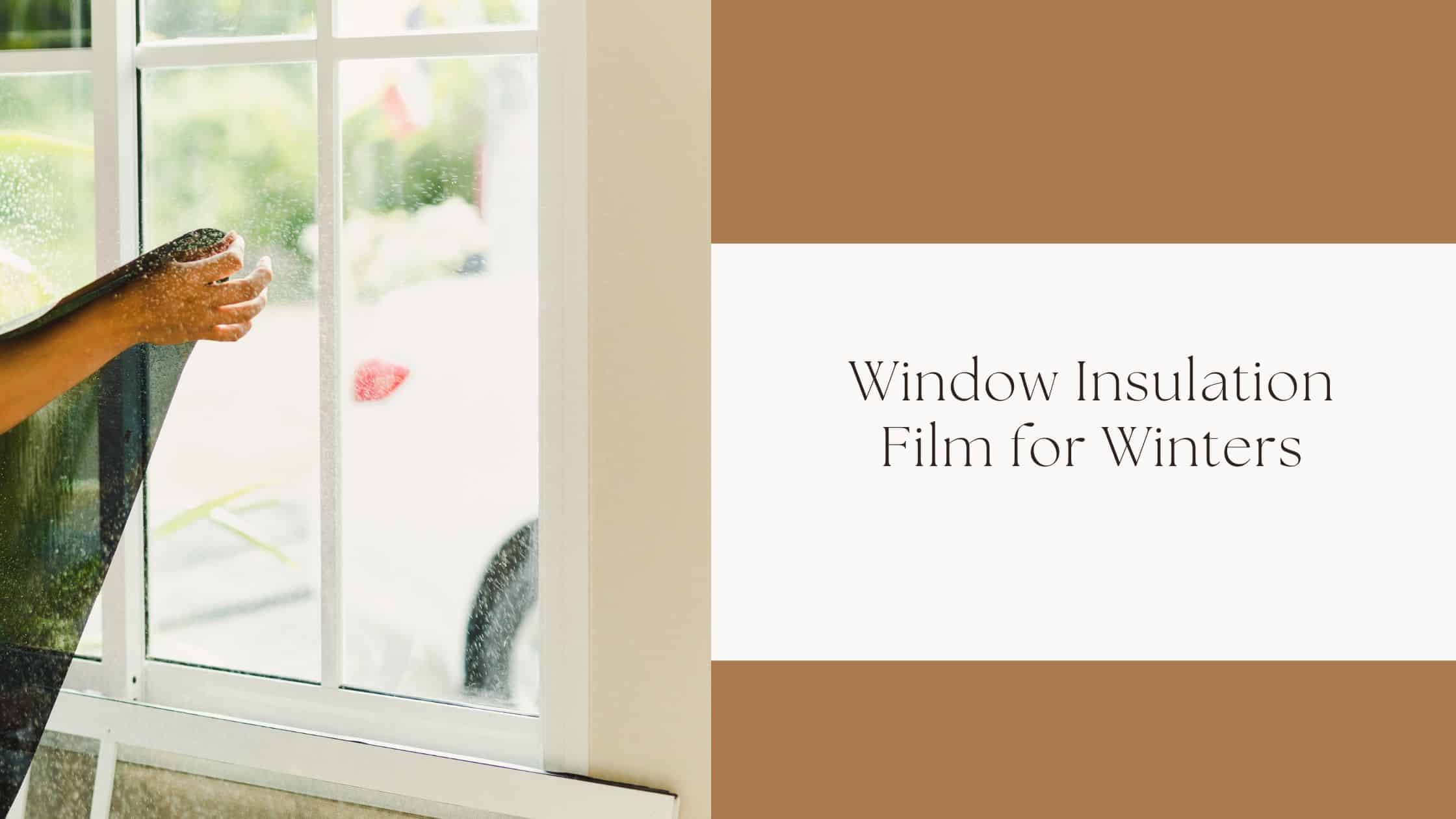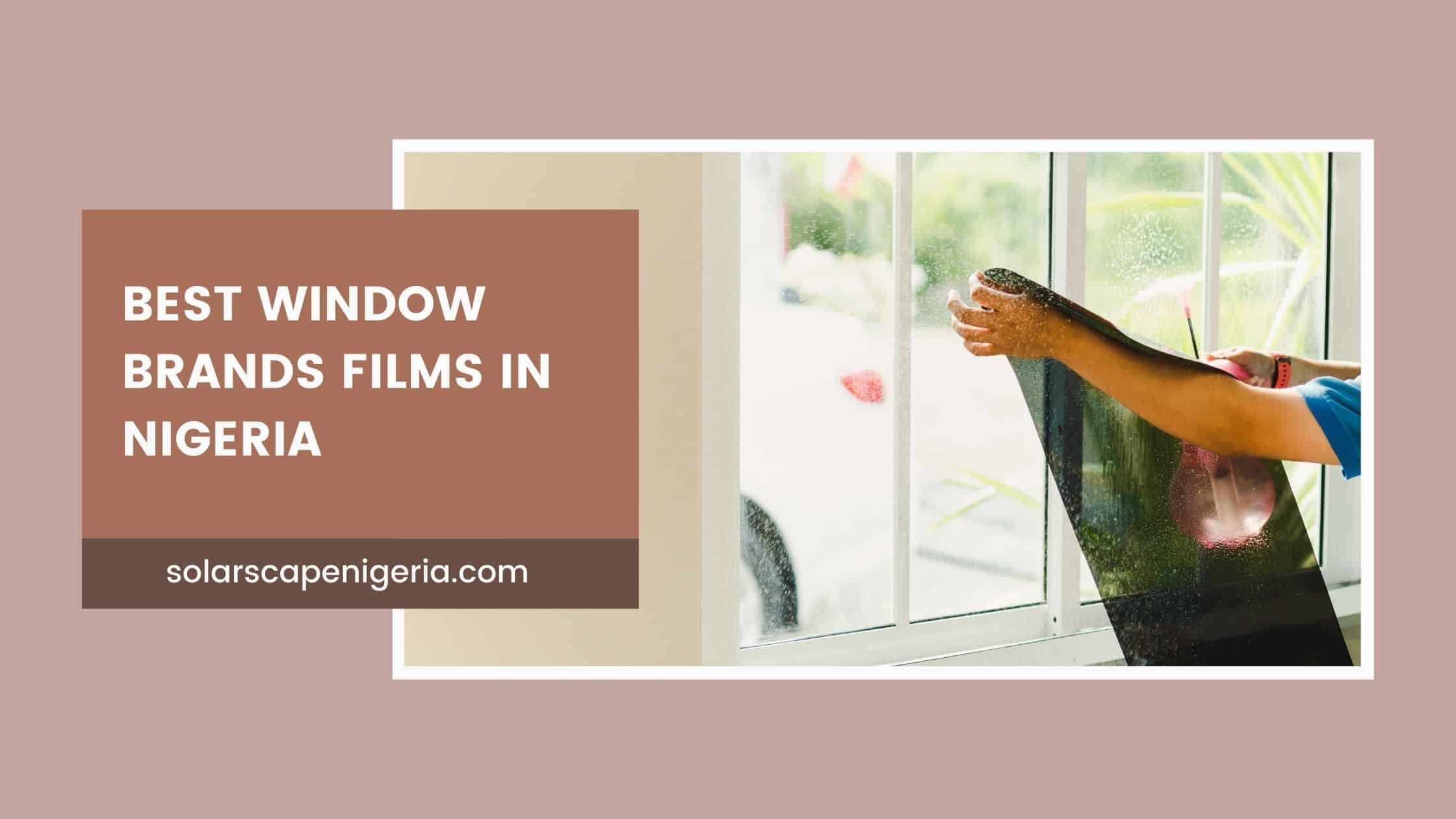Introduction
Indoor plants are a beautiful addition to any home, offering aesthetic appeal while improving air quality. However, if you’re considering window film installation, you may wonder: will installing window film kill indoor house plants? Many homeowners worry that window tinting could block essential sunlight, negatively impacting plant health.
The good news is that window film does not necessarily harm indoor plants. In fact, when chosen wisely, it can help regulate light exposure and create an ideal indoor environment for plants to thrive. This article explores how window films interact with indoor plants, their potential benefits, and what to consider before installing them in your Nigerian home.
Understanding Window Film and Its Effects on Indoor Plants
What is Window Film?
Window film is a thin layer of material applied to glass surfaces to control sunlight, reduce heat, and enhance privacy. It comes in different types, including tinted, reflective, and UV-blocking films. The main purpose of window film is to minimize glare, protect interiors from sun damage, and improve energy efficiency.
How Window Film Affects Indoor Plants
Indoor plants rely on sunlight for photosynthesis, the process that enables them to grow. Will window tinting block too much light? The answer depends on the type of film used. Here’s how different window films impact plant health:
- Tinted Films: These reduce light intensity but still allow enough sunlight for most indoor plants.
- UV-Blocking Films: While they block harmful UV rays, they let in visible light, which is essential for plant growth.
- Reflective Films: These reflect excess heat and glare but can reduce overall light exposure, which may affect light-sensitive plants.
Most indoor plants adapt to the reduced light exposure provided by window films. However, if you notice slower growth, consider repositioning your plants closer to the window or using artificial grow lights.
Benefits of Window Film Installation for Indoor Plants
1. Protection from Harsh Sunlight

In Nigeria, the intense tropical sun can cause excessive heat build up indoors, leading to leaf scorch and dehydration in plants. Window films help regulate light intensity, preventing sun damage while maintaining adequate brightness for plant health.
2. Temperature Control for Optimal Growth

Extreme heat can stress indoor plants, especially those that thrive in moderate temperatures. Window tinting reduces indoor heat build-up, creating a more stable environment that promotes plant growth.
3. Prevents Fading and Drying

Direct sunlight can cause leaves to fade and dry out quickly. UV-blocking films protect plants by filtering out harmful UV rays while still allowing necessary light penetration.
4. Energy Efficiency and Plant Sustainability

By reducing heat and improving insulation, window films lower energy consumption. This not only reduces electricity bills but also supports eco-friendly living, benefiting both homeowners and their plants.
5. Minimized Risk of Overheating

Some window films, such as heat-reducing reflective films, prevent excessive heat from penetrating indoor spaces. This is especially beneficial in Nigeria’s hot climate, where excessive sunlight can lead to plant dehydration and stress.
How to Ensure Indoor Plants Thrive with Window Films
To maximize the benefits of window film installation while keeping your indoor plants healthy, follow these tips:
- Choose the right type of film – Opt for UV-blocking films that allow visible light to pass through.
- Monitor your plants – Observe any changes in plant growth and reposition them as needed.
- Use artificial grow lights – If necessary, supplement light with LED grow lights for plants requiring more sunlight.
- Adjust watering schedules – Reduced sunlight may lower water evaporation, so adjust watering frequency accordingly.
Frequently Asked Questions (FAQs)
1. Will window film completely block sunlight from reaching my plants?
No, window film reduces glare and heat but still allows sufficient light for most indoor plants.
2. Can all indoor plants survive with window film?
Most indoor plants adapt well to window film. However, light-sensitive plants like succulents may need additional light sources.
3. Do I need to move my plants after installing window film?
Not necessarily. Monitor plant health after installation. If growth slows down, move plants closer to the window or use supplemental lighting.
4. Is window film installation expensive?
The cost varies depending on the type of film and window size. However, in the long run, it helps reduce energy bills and protects interior furnishings.
5. Where can I get high-quality window film in Nigeria?
You can contact Solar Scape Nigeria for professional window film installation and expert advice.
Conclusion
So, will installing window film kill indoor house plants? The answer is no, as long as the right type of film is used and plants are properly maintained. Window tinting offers multiple benefits, including temperature control, UV protection, and energy efficiency, making it an excellent choice for Nigerian homeowners.
By selecting appropriate window films, monitoring plant health, and making necessary adjustments, you can enjoy both a comfortable indoor environment and thriving houseplants.
Ready to give your windows and your indoor plants the care they deserve? Get a free estimate today from Solar Scape Nigeria!






